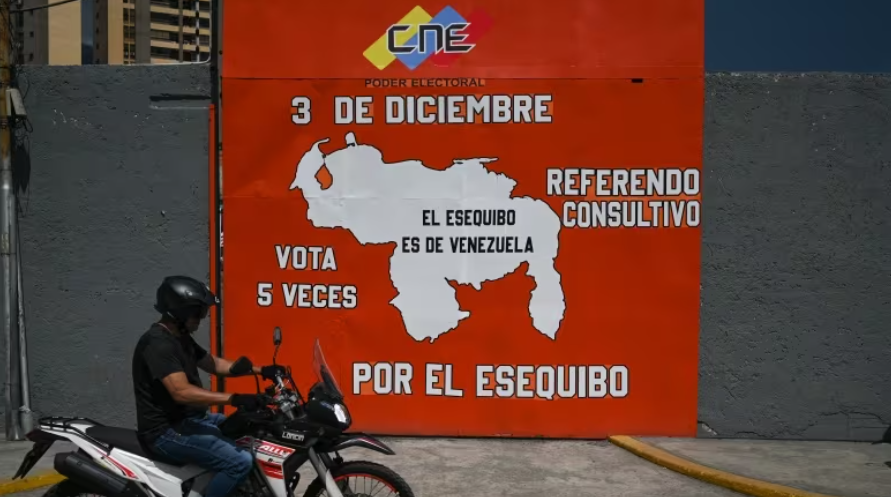In the aftermath of the controversial referendum in Venezuela, tensions between the neighboring countries of Venezuela and Guyana escalated over the disputed Essequibo region. The International Court of Justice (ICJ) had warned against any unilateral actions by Venezuela, but President Nicolas Maduro proclaimed the referendum a “total success” for Venezuelan democracy.
The claim of overwhelming public support for the annexation of Essequibo raised concerns internationally, especially in Guyana, where President Mohamed Irfaan Ali reassured the citizens that the government was actively working to safeguard the country’s borders. “People have nothing to fear over the next number of hours, days, months ahead,” he declared, emphasizing the government’s commitment to maintaining the territorial integrity.
The voting process, however, drew skepticism as reports surfaced of sparse voter turnout at polling sites, in stark contrast to the proclaimed 10.5 million votes counted by the National Electoral Council. Critics questioned the legitimacy of the results, pointing to the lack of transparency and clarity on how the votes were tallied.
Juan Carlos Rodríguez, a merchant who voted in Caracas, expressed his support for the annexation but emphasized the importance of careful consideration and the preservation of peace. The questions posed to voters, including the creation of a new state called Guayana Esequiba and granting citizenship to its population, revealed the complexity of the issue at hand.
The ICJ, having previously urged Venezuela to refrain from actions altering the status quo in the region, expressed concern over the Venezuelan government’s statements and military actions indicating a potential takeover of Essequibo. Guyana, fearing a land grab, presented its case, calling the situation a “textbook example of annexation.”
Essequibo, larger than Greece and rich in minerals, holds strategic significance due to its proximity to the Atlantic, where ExxonMobil discovered oil in 2015. The potential economic gains have intensified the dispute, with Caracas citing historical boundaries from Spanish colonial times, while Guyana insists on the border determined in the 1899 Paris arbitration.
As the international community watches with bated breath, the future remains uncertain. The results of the controversial referendum have yet to be implemented, and the geopolitical dynamics in the region are on edge, with the fate of Essequibo hanging in the balance.
(Source: Al Jazeera | Newsweek | BBC)









